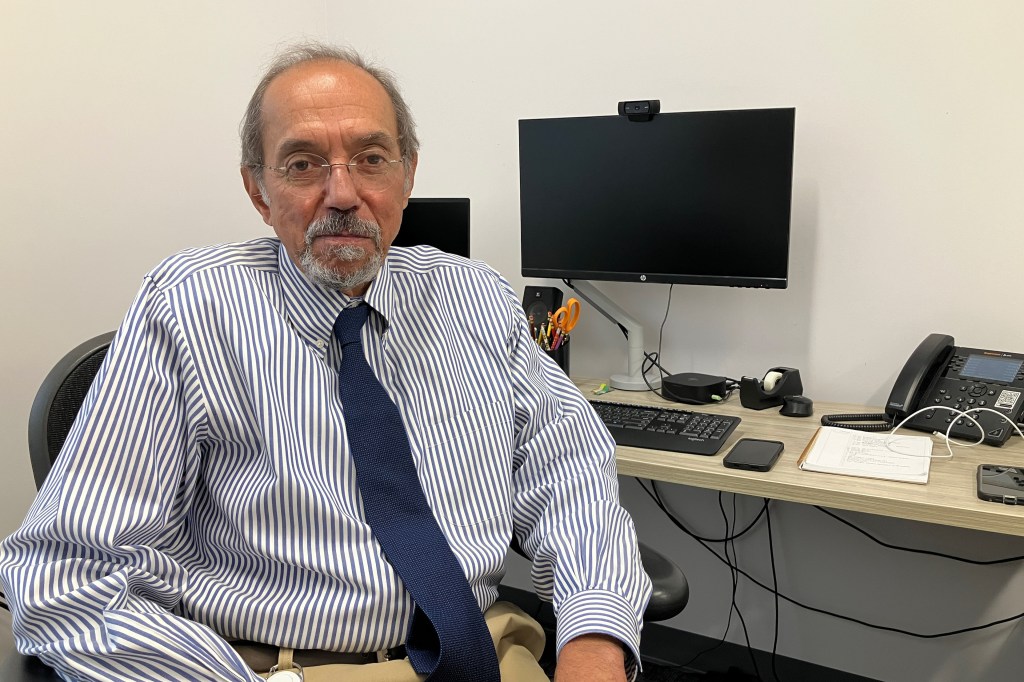Brazzaville – Despite notable strides made in African countries, an accelerated response to the burgeoning threat of antimicrobial resistance (AMR) is critical to avert predictions of 4.1 million related deaths annually by 2050, with severe consequences for health care and economic stability.
Through its Regional Strategy for AMR 2023–2030, World Health Organization (WHO) in the African Region has supported all its 47 Member States to develop National Action Plans on AMR, 38 of which have been endorsed by national authorities.
Against a host of challenges such as limited funding, inadequate workforce capacity and weak AMR surveillance systems, the regional strategy seeks to address the barriers by supporting a multisectoral approach to governance, improving diagnostic capabilities, establishing robust stewardship programmes and supporting awareness campaigns to guide the responsible use of antimicrobials.
Currently, 43 countries in the African Region participate in WHO’s Global AMR Surveillance System (GLASS), although gaps remain in data collection and representativeness. WHO is working with countries to enhance laboratory capacity, boost monitoring of antimicrobial use, and improve data-driven decision-making.
Additionally, WHO’s Antimicrobial Stewardship Training Package has been piloted in the Democratic Republic of the Congo, Ghana, Nigeria and Zambia. This training equips health care professionals with the necessary skills to ensure that antimicrobials are used judiciously to slow the development of resistance.
This year, World AMR Awareness Week is being marked under the theme “Educate. Advocate. Act Now”. The global campaign raises awareness and understanding of AMR, while promoting best practices, with the 2024 theme emphasizing the imperative of urgent, coordinated action against the threat.
“AMR is not only a medical challenge, but rather a complex, multi-faceted burden that demands a whole-of-society response. Africa’s health systems and economies cannot afford the cost of inaction, but with collaboration, it is possible to effectively mitigate the impact of AMR, and protect public health across the region,” said Dr Matshidiso Moeti, WHO Regional Director for Africa.
To boost the requisite society-wide awareness and behavioural change, WHO, along with partners, is amplifying efforts to raise awareness among health care workers, policymakers and the public. Initiatives like youth ambassador programmes in Nigeria, which have trained hundreds of young advocates, are helping communities understand the importance of responsible antimicrobial use, and the health risks associated with misuse.
AMR occurs when pathogens, including bacteria and viruses, evolve to resist the drugs designed to eliminate them. This undermines the effectiveness of treatments and leaves many infectious diseases increasingly difficult to treat. In 2019 alone, AMR was directly linked to 1.27 million deaths in sub-Saharan Africa alone.
In addition to the overuse and misuse of antibiotics, AMR is also driven by the misuse of antimicrobials in agriculture, animal husbandry, and even environmental practices like waste disposal. Recognizing this interconnectedness of human, animal and environmental health, WHO supports a One Health approach, with related programmes being actively implemented in 41 African Region countries.
To achieve resilient health systems with the capacity to balance access to essential medicines with stringent antimicrobial stewardship, sustained financial commitment is key. As such, WHO, in partnership with the quadripartite partners, the Africa Centres for Disease Control, and other key organizations, is working to increase political advocacy to draw attention to the urgent need for sustained AMR response funding, especially for hard-to-reach populations.
Note: This article have been indexed to our site. We do not claim legitimacy, ownership or copyright of any of the content above. To see the article at original source Click Here













